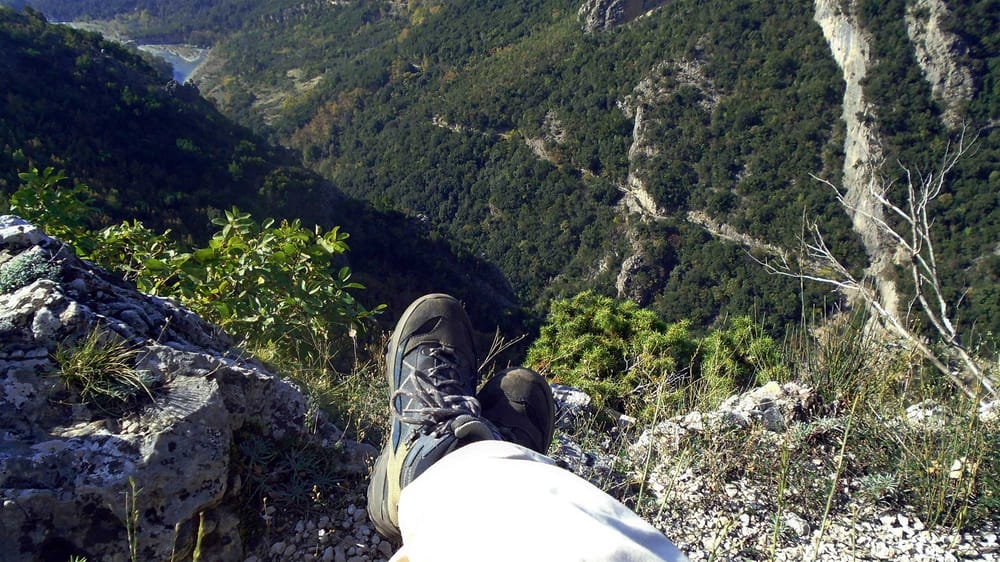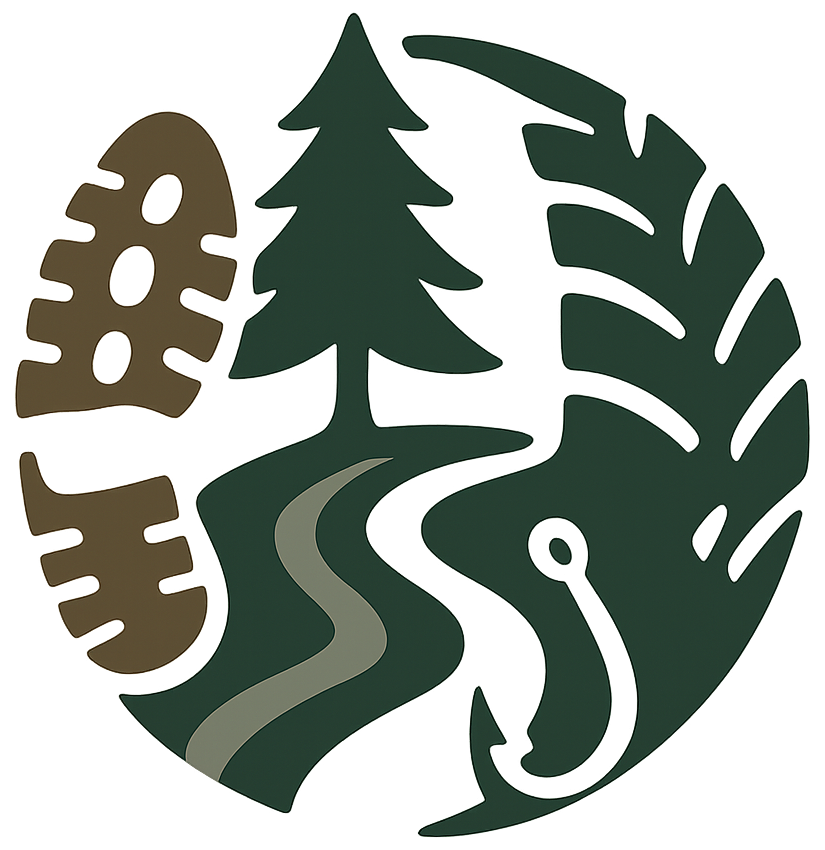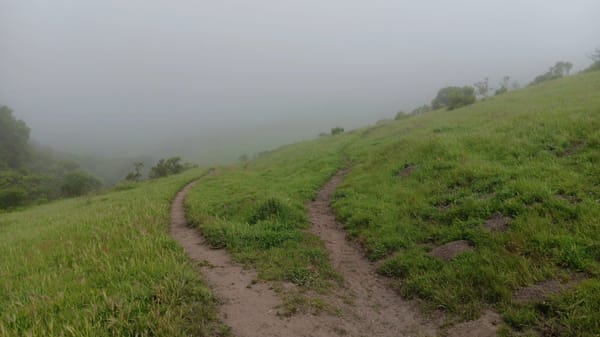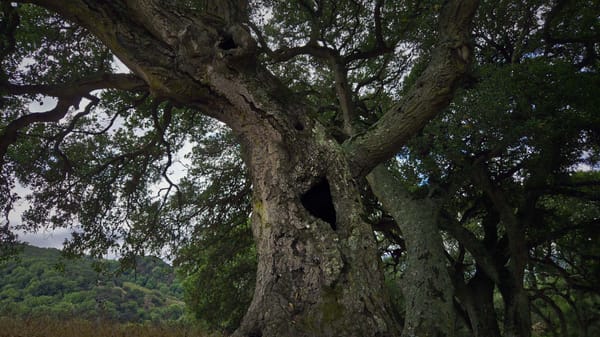Thriving in Fullness: Owning Your Experience

Thriving isn't about perfection
It's about peace in the midst of imperfection.
I still experience daily pain, but thriving means something different than I expected. Sometimes it looks like three straight days of grinding up steep, loose trails with a 35-pound pack because those moments of reclaimed aliveness feel worth the inevitable crash that follows.
Day four is fucked. Not a flare, but my body clearly saying "hey jackass, you're done." Payment for stealing back some vitality that illness took from me. Was it worth it? Hell yes, it was.
This is the paradox nobody talks about in chronic illness recovery. Sometimes thriving means making choices that look reckless to healthy people. It's not about courting danger; it's about refusing to let pain make all your decisions, even when that means occasionally making decisions you'll pay for later.
Other days thriving looks like recognizing when pushing would be self-harm disguised as determination. It's choosing rest without shame, honoring what my body is telling me without translating it as failure.
The difference between thriving and surviving isn't about pain levels or perfect self-management. It's about agency. Survival lets circumstances make all the decisions. Thriving means I get to choose how to meet each moment. Whether that's appreciating the challenge of a sketchy trail or appreciating the wisdom of staying home.
I'm holding my own paradox and making space for all the parts — the part that needs to push boundaries and the part that needs to honor limits. Sometimes I'm brilliant and wise. Sometimes I'm flawed and maybe even stupid. Both can be true. Both are part of living fully.
→ Previous: 4.3 - The Power of Purpose: Living with Intention Amid Limitation
→ Next: 4.5 - Self-Expression: Ownership, Without Apology
→ Back: Series Four Landing Page
*Peer reflection, not therapy advice. Your healing journey is uniquely yours.*






Member discussion